New York, NY — The Cancer Research Institute (CRI) proudly announces the 2025 class of Lloyd J. Old STARs—five rising scientific leaders poised to reshape cancer immunotherapy through daring, paradigm-shifting research. Each awardee receives $1.25 million in unrestricted funding over five years, empowering them to pursue high-risk, high-reward projects that could redefine cancer treatment.
“These are people who are hitting their stride scientifically and career wise, and this is where you really want to put some jet fuel in the tank as they’re getting established,” said Dr. E. John Wherry, Associate Director of CRI’s Scientific Advisory Council. Echoing this sentiment, Dr. Elizabeth Jaffee, also an Associate Director, emphasized, “We’re picking people who are really our next leaders in the field of immunotherapy.”
CRI’s CEO, Dr. Alicia Zhou, added, “Each of these researchers brings fearless curiosity and a willingness to challenge assumptions — the very qualities that drive breakthroughs. They aren’t just advancing cancer science; they’re reinventing it.”
Meet the 2025 Class of Lloyd J. Old STARs—five bold scientists pushing the boundaries of cancer immunotherapy through high-risk, high-reward research. Backed by $1.25 million in flexible funding, these trailblazers are reimagining what’s possible in the fight against cancer. Discover how their fearless ideas are reshaping the future of treatment.
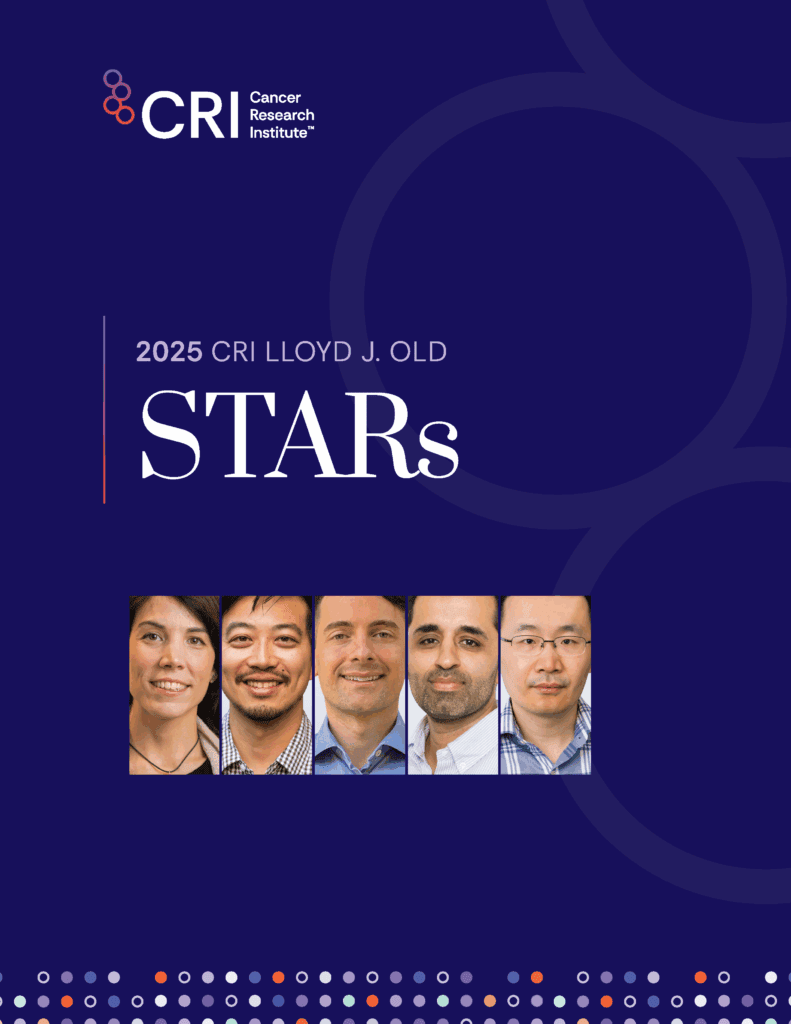
Meet the 2025 Lloyd J. Old STARs
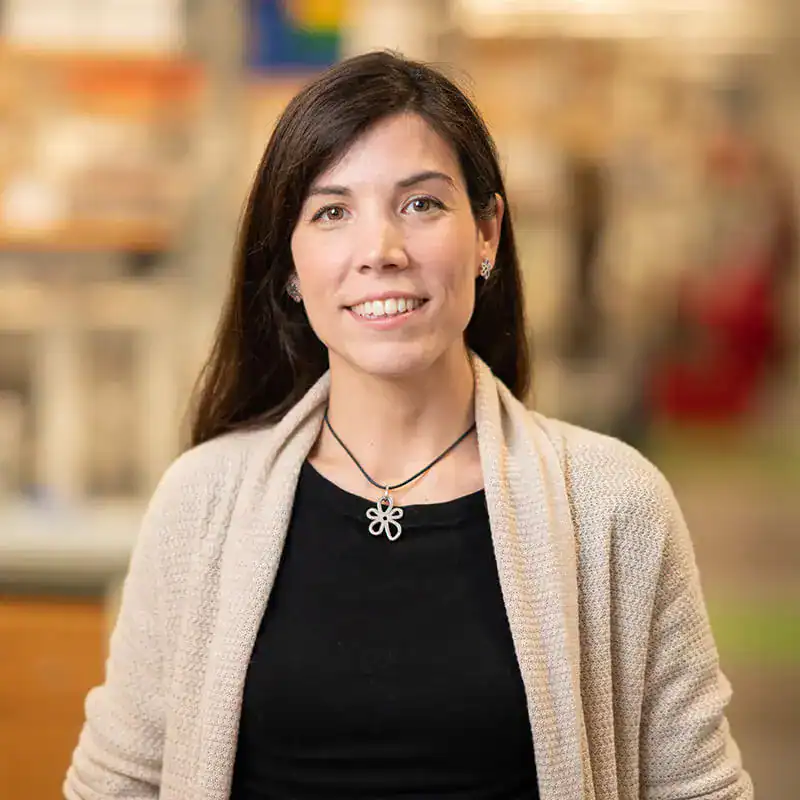
Principal Investigator, Dana-Farber Cancer Institute
Associate Professor of Immunology, Harvard Medical School
“It’s incredibly meaningful. To be recognized alongside pioneers I admire tells me our work matters,” reflected Dr. Agudo. Her lab investigates how cancer cells morph to escape immune attack, developing sophisticated models that mimic real patient biology. This funding enables her team to pursue creative, high-risk experiments faster, advancing an understanding that is critical to more effective therapies.
Assistant Professor of Molecular, Cellular and Developmental Biology
BioFrontiers Institute at University of Colorado Boulder
“As someone from an evolutionary biology background, this award means my outsider ideas are being welcomed into the cancer research community. It’s a huge boost,” said Dr. Chuong. His groundbreaking work focuses on the role that ancient viral fragments in our DNA—called transposons—play in regulating immune cell signaling. Supported by the STAR award, his team is diving into ambitious mouse studies and conducting single-cell sequencing to uncover these hidden mechanisms, aiming to open new therapeutic avenues.
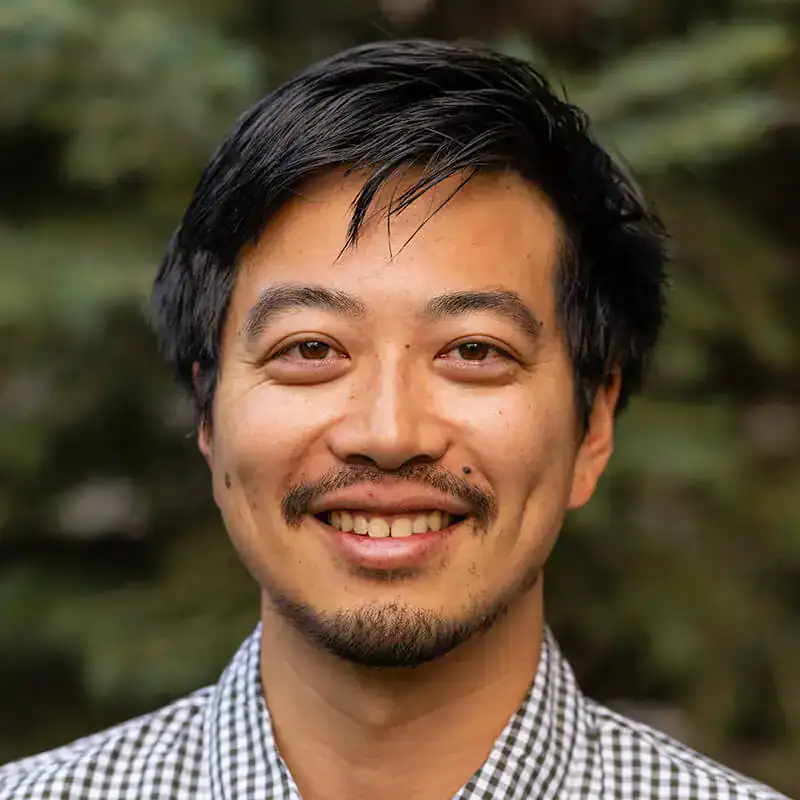
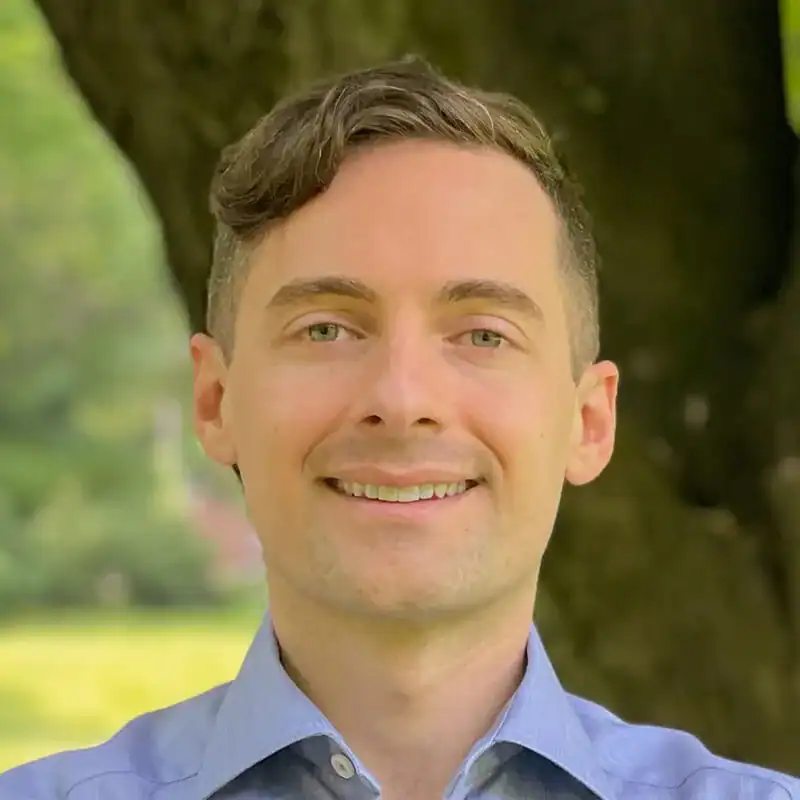
Principal Investigator, Stem Cell Program, Boston Children’s Hospital
Assistant Professor of Stem Cell and Regenerative Biology, Harvard University
“This award, at this level of funding for five years, is really important. It gives us the opportunity to have bold ideas, and there’s enough runway to actually accomplish it,” said Dr. Flynn. His research explores how RNA-protein complexes outside cells influence immune interactions—a surprising frontier. The STAR award will fuel bold projects like building a modular protein degradation system and using CRISPR tools to unlock new therapeutic strategies.
Associate Professor of Radiation Oncology, Stanford University School of Medicine
“It’s humbling. To be part of this class feels like a milestone in my journey,” shared Dr. Kalbasi. His lab studies how cytokines influence T cell behavior and function. Using high-throughput screens and new computational tools, his team aims to design smarter immunotherapies for patients with sarcoma and other solid tumors.
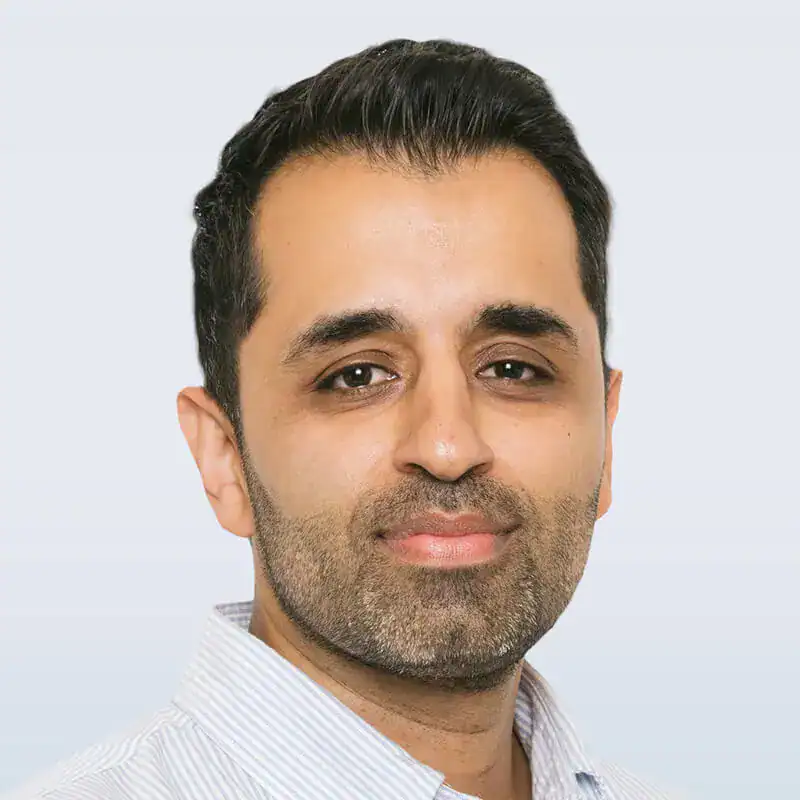
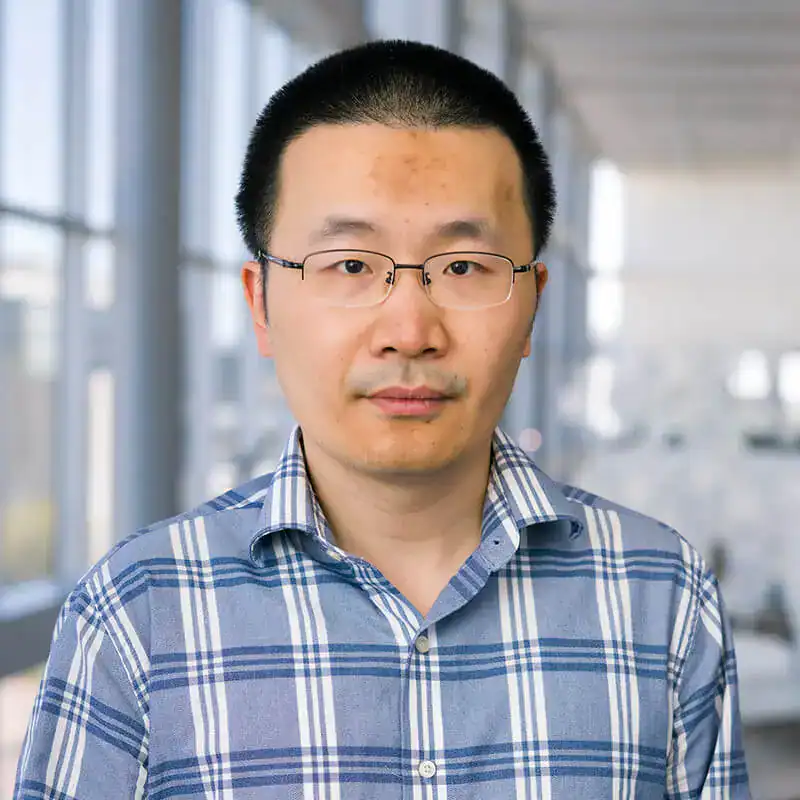
Assistant Professor of Immunology, The University of Texas Southwestern Medical Center
“This award confirms that our ideas are on the right track—and gives us momentum,” said Dr. Wu, who is engineering smarter CAR T cells with chemical “switches” to overcome exhaustion and improve efficacy against solid tumors. In the coming year, his group will focus on reprogramming T cells to reverse exhaustion, laying the groundwork for next-generation immunotherapies.
The Lloyd J. Old STAR program honors CRI’s founding scientific and medical director, recognizing scientists who embody the pioneering spirit fueling immunotherapy’s progress. As Dr. Kunle Odunsi, Associate Director of CRI’s Scientific Advisory Council, notes, these awards provide “the freedom and resources needed to ask paradigm-shifting questions that move the field forward.”
